SUMMARY
This is AI generated summarization, which may have errors. For context, always refer to the full article.
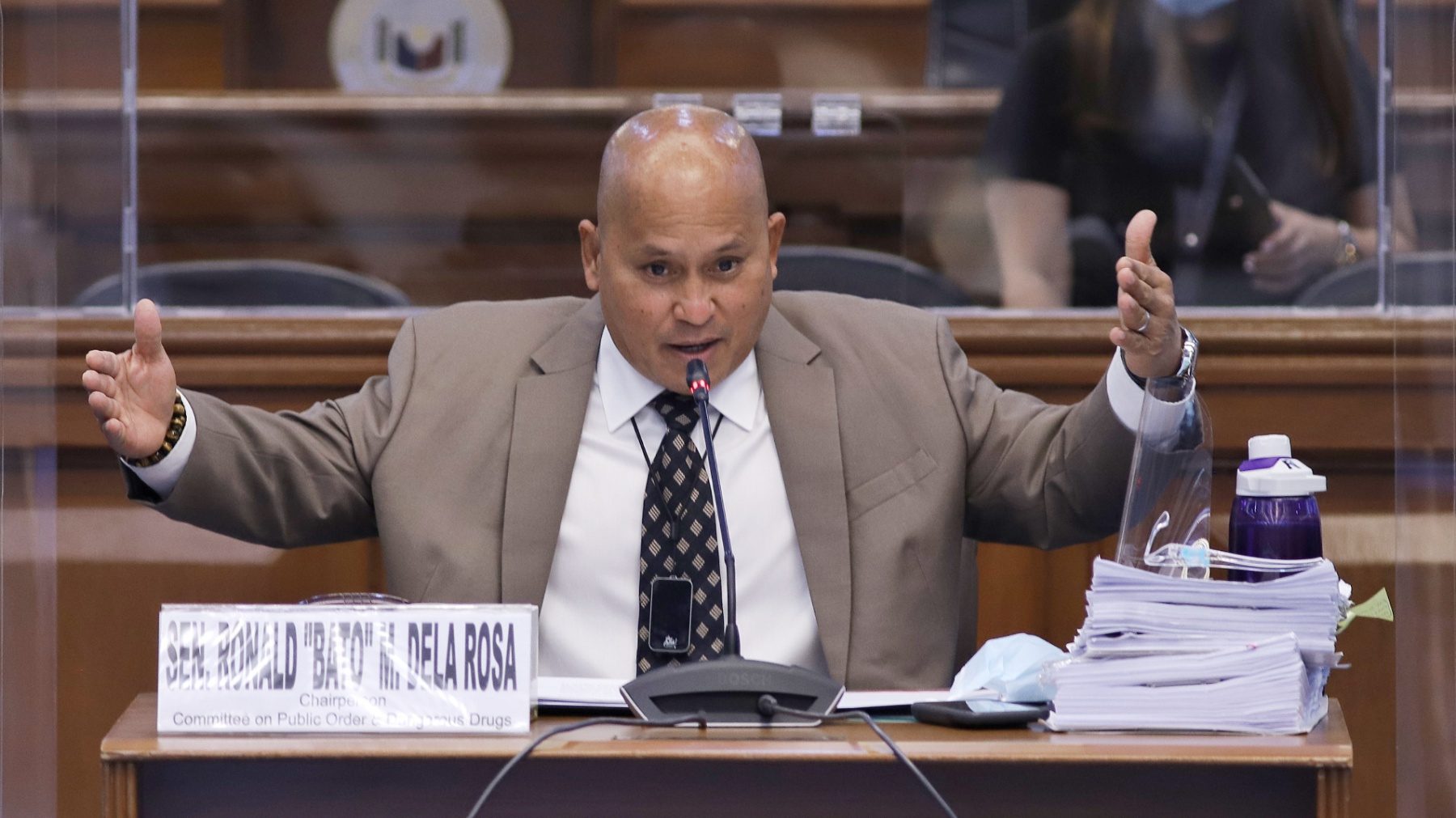
The shooting incident that led to the death of 4 Army intelligence officers in Jolo, Sulu, in late June could have been prevented if the military had the “right coordination” with the Philippine National Police (PNP), Senator Ronald dela Rosa said on Wednesday, August 19.
“Walang mangyayaring sitahan sana kung tumawag kayo sa police station beforehand (There wouldn’t have been any interrogation had you called the police station beforehand),” Dela Rosa told military officers who attended the Senate probe into the Jolo shooting incident.
On June 29, Jolo policemen killed 4 Army intelligence officers near the Jolo police station. The cops accused the soldiers of fighting back, but the military said it was murder in broad daylight, as their troopers were killed despite not holding up any firearms. (READ: WATCH: The killing of 4 soldiers in Sulu – what happened before and after)
The National Bureau of Investigation confirmed before the Senate panel on Wednesday that its investigation showed that Army intelligence soldier Major Marvin Indammog, who led the team, was unarmed during the incident.
What coordination happened?
According to Armed Forces of the Philippines ground commander Colonel Antonio Bautista, he informed his police counterparts about the AFP intelligence operations to prevent a supposed suicide bombing attempt.
Bautista said this was mentioned as recent as June 25, during a Jolo Interagency Task Group meeting attended by Jolo police officials.
Asked whether there was enough coordination with friendly units like the Sulu and Jolo police, Bautista said, “It is more than enough,” and that the June 25 coordination was just part of the military’s ongoing coordination with police in Sulu.
For Dela Rosa, however, this was still insufficient coordination. He said the military should have coordinated “in real time” with “specific details.”
“It shouldn’t have been done 4 days before, but [also] before jump-off…. That, for me, is the right coordination,” Dela Rosa said, citing his years of experience as an intelligence officer for the PNP.
To demonstrate the lack of coordination, he asked one of the 9 embattled cops, Patrolman Alkajal Mandangan, if he recognized Army intelligence officers in the Senate hearing. Mandangan said he did not know them.
Even a Jolo police intelligence officer who was not part of Padjiri’s group told senators he shot at one of the soldiers, mistaking him for an Abu Sayyar or a drug lord.
“We need to improve coordination, especially on the ground level because you will really have a misencounter if you do not talk with each other,” Dela Rosa said in a mix of English and Filipino.
How about the police’s fault?
Dela Rosa then asked the leader of the police team that killed the soldiers why they still shot the soldiers even after the latter had indentified them as government forces.
Senior Master Sergeant Abdelzhimar Padjiri said the soldiers only identified themselves once. Even so, he added, they could not believe them easily.
“‘Di po kami basta-basta maniwala although sinabi ng tropa na maniwala na kami (We cannot simply believe just because they identify themselves as colleagues and that we should believe),” Padjiri said, citing a kidnapping incident where the culprit even wore a combat uniform.
Distrust among colleagues?
A former police chief and a graduate of the Philippine Military Academy, Dela Rosa slammed the perceived distrust between between the military and the police in Sulu.
He said the military might have harbored some distrust because of suspicions that policemen have relatives with ties to the Abu Sayyaf Group, while police may believe that some military operatives have links to drug lords. – Rappler.com
Add a comment
How does this make you feel?
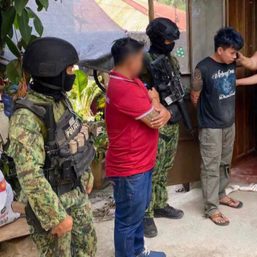


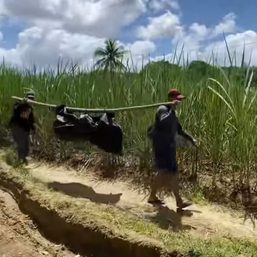
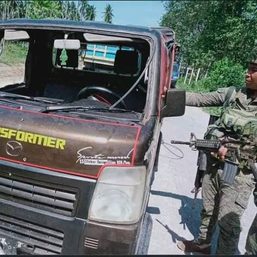

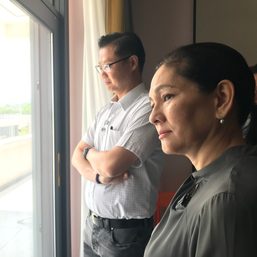

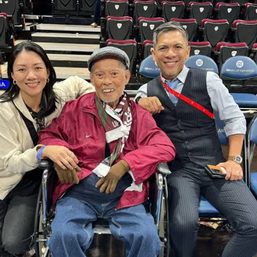
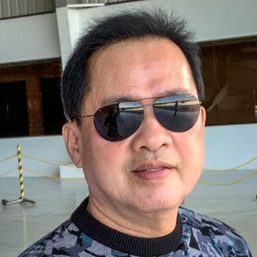
There are no comments yet. Add your comment to start the conversation.